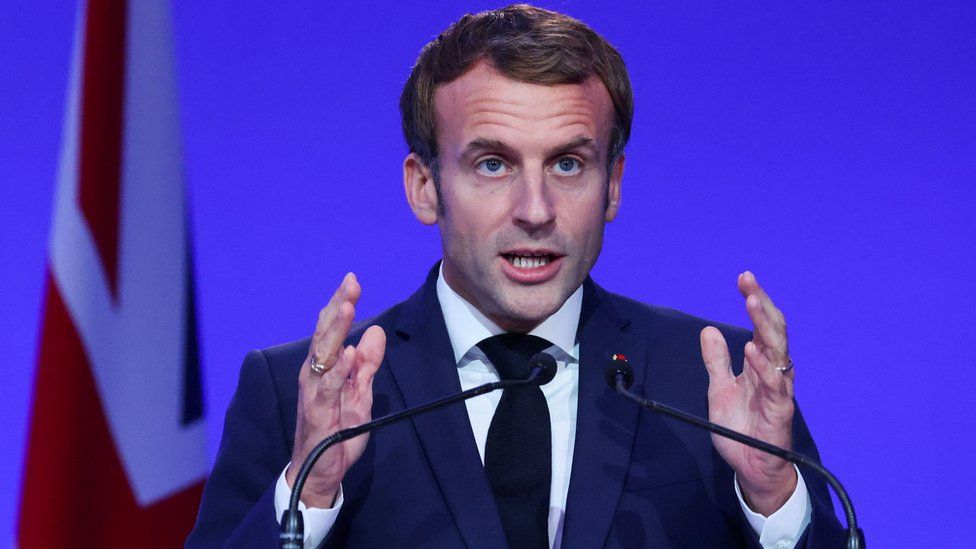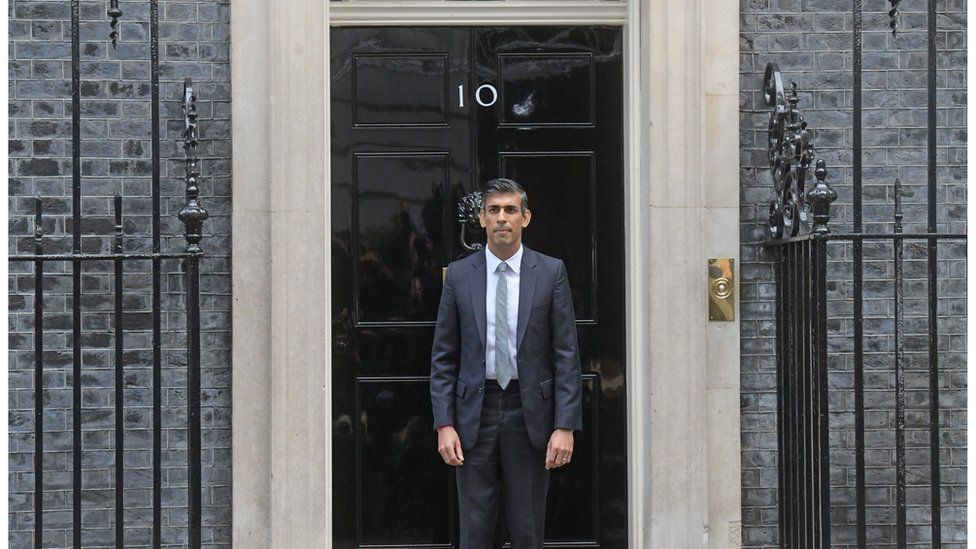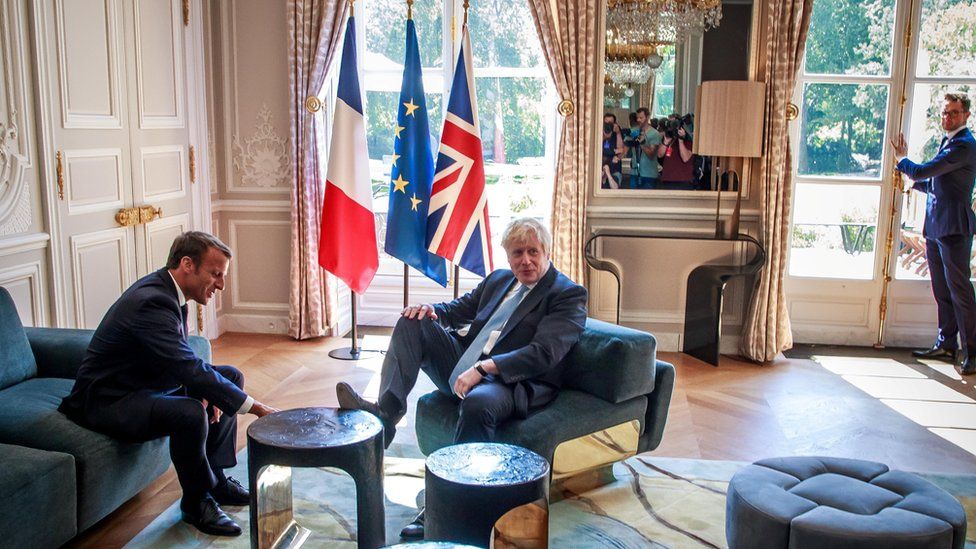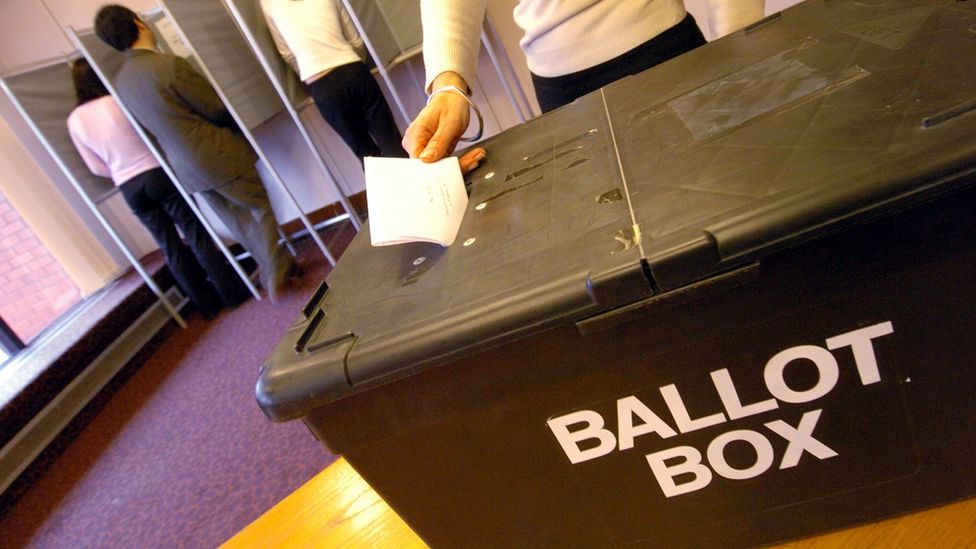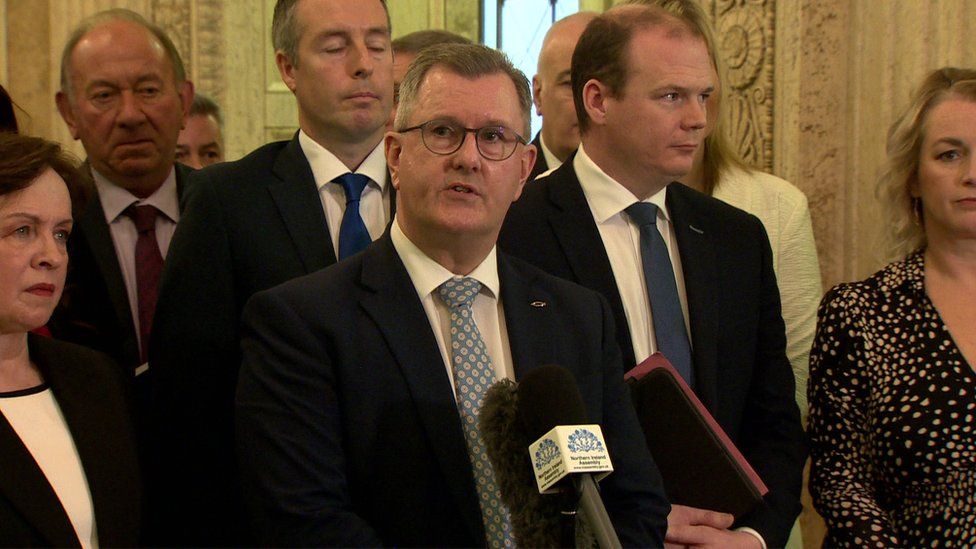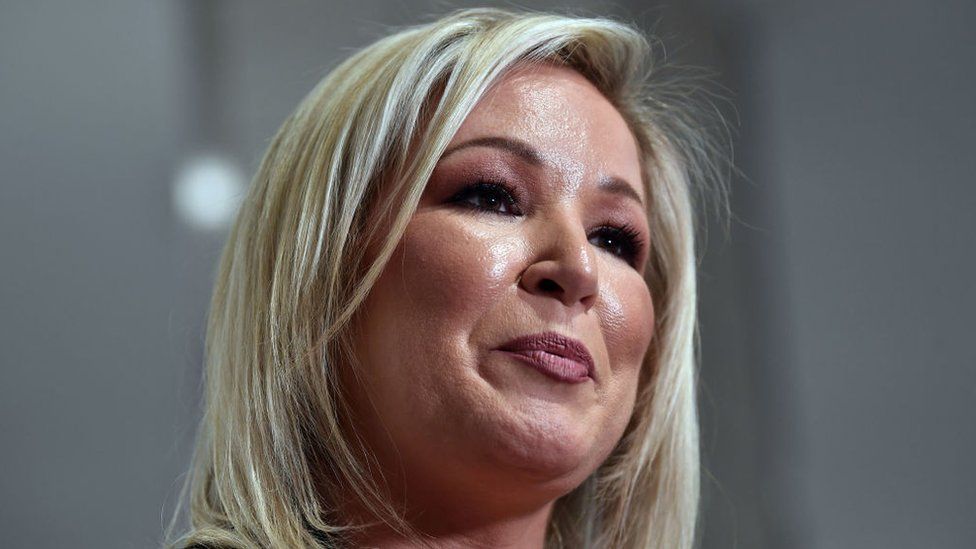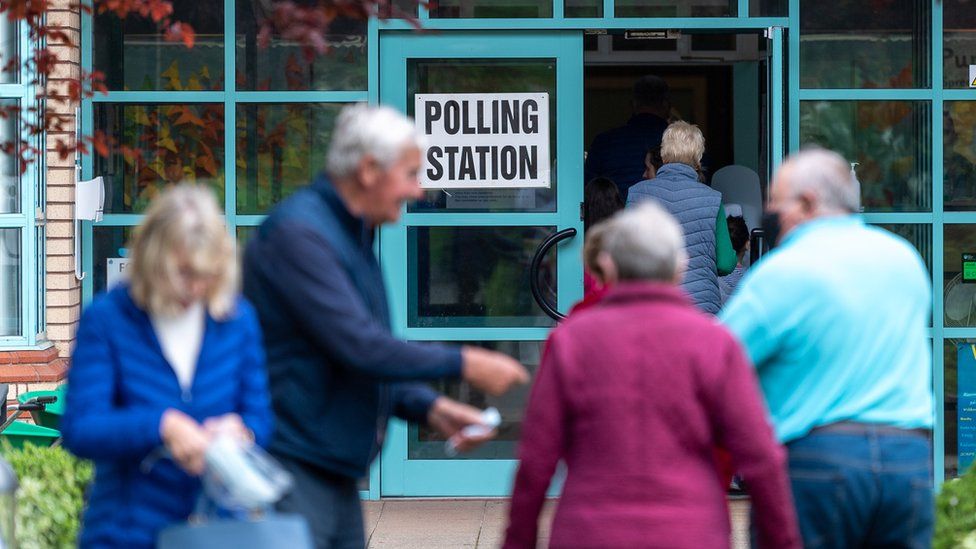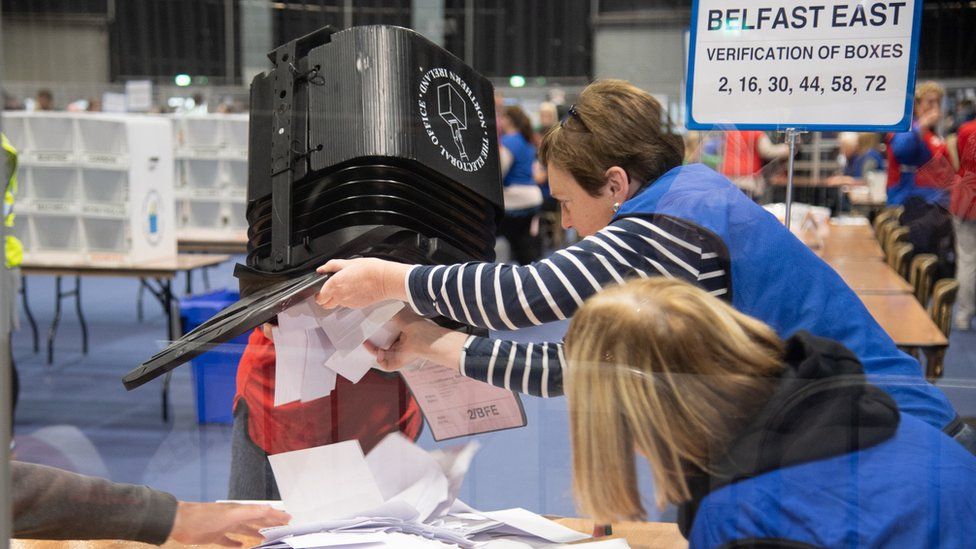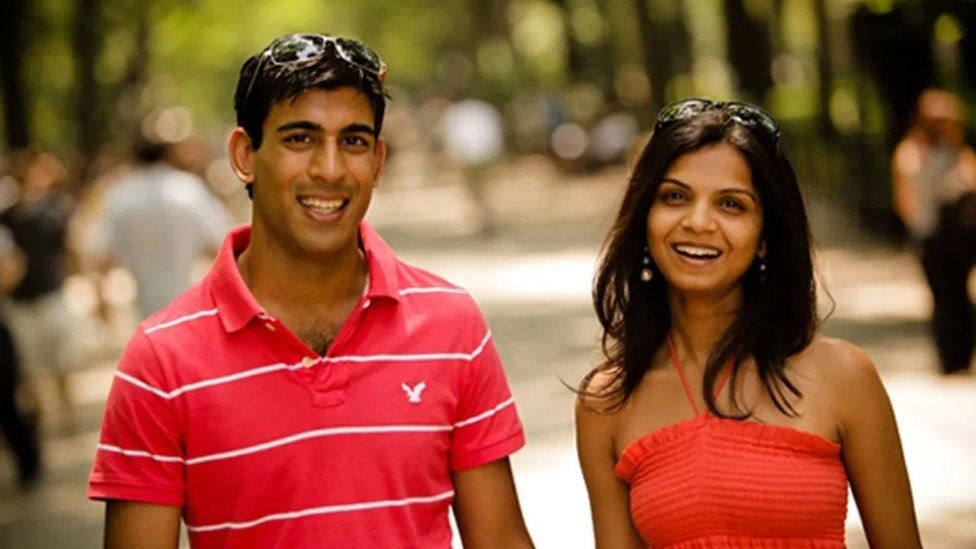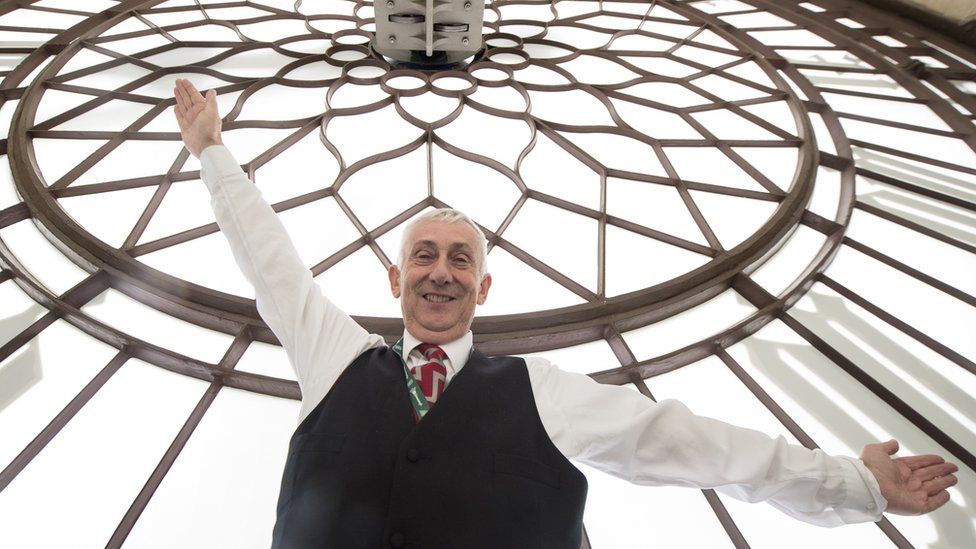
The UK's most famous clock will be put back to Greenwich Mean Time (GMT) this weekend for the first time since 2017.
The Great Clock of Westminster, widely but unofficially known as Big Ben, will be changed by parliamentary mechanics in the early hours of Sunday.
It has been largely silent for five years, after it was dismantled and repaired in a renovation project.
Clocks across the UK will go back an hour at 02:00 on Sunday, offering many people an extra 60 minutes in bed.
If you were expecting a spectacle of Big Ben's hands being wound back, you will be disappointed.
That is not going to happen - instead, it will be manually paused, with lights on the four clock faces turned off at 22:00 on Saturday.
The clock will be stopped and restarted at midnight. The lights will then come back on at 02:00, when the correct time will be displayed.
"This is so people looking up do not wonder why the hands are going round and get confused," said clock mechanic Alex Jeffrey.
Commons Speaker Sir Lindsay Hoyle said the time change would "herald a new beginning" for the iconic London landmark.
He hailed the team behind the scenes, which will work for 24 hours to ensure all 2,000 timepieces across Parliament are changed in time.
While most of us are tucked up in bed, they will be "clocking up eight miles [13km] changing our parliamentary clocks," Sir Lindsay said.

When do the clocks go back?
This autumn, the clocks go back by one hour at 02:00 on Sunday 30 October.
The clocks are moving from British Summer Time (BST) - also known as Daylight Saving Time (DST) or GMT+1 - to Greenwich Mean Time (GMT).
Why do the clocks change?
Well, according to BBC Bitesize, "during World War One, the German army turned the clocks forward as a way of conserving energy. Many (but not all) European governments followed suit shortly afterwards - including the UK."

The overhaul project - which saw the Big Ben bell silenced for all but a select number of occasions over the past five years - was ordered to restore, repair and conserve parts of the clock and tower damaged by pollution, asbestos and natural wear and tear.
The Elizabeth Tower that houses the clock was finally free of its scaffolding in April this year. At that point the clock hands were restored, so Londoners and visitors alike could once again look up to check the time.
The work was due to be completed in 2021, but its finish was delayed because of the coronavirus pandemic.
Members of the public will be able to visit Big Ben from next year.
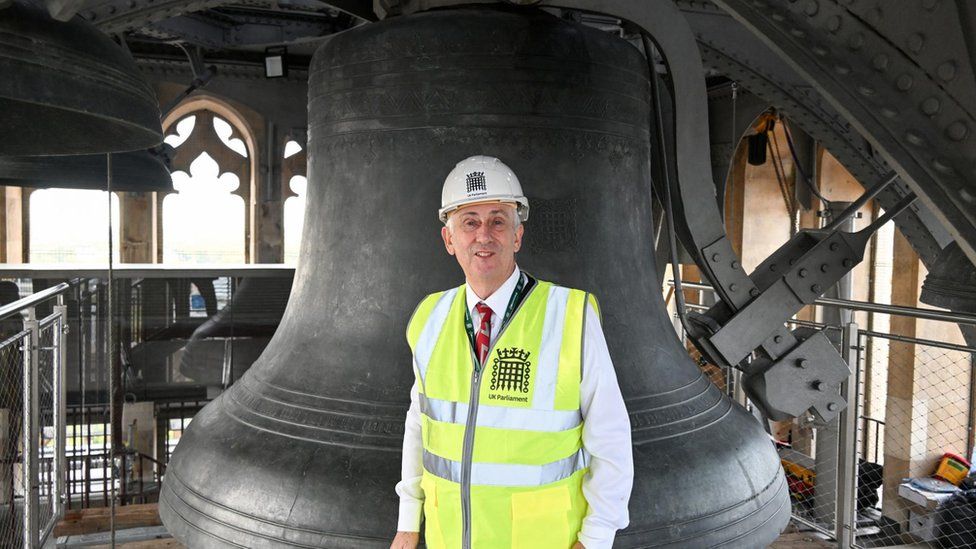
Around the BBC
https://news.google.com/__i/rss/rd/articles/CBMiJmh0dHBzOi8vd3d3LmJiYy5jby51ay9uZXdzL3VrLTYzNDA0Mjg00gEqaHR0cHM6Ly93d3cuYmJjLmNvLnVrL25ld3MvdWstNjM0MDQyODQuYW1w?oc=5
2022-10-29 02:27:23Z
CBMiJmh0dHBzOi8vd3d3LmJiYy5jby51ay9uZXdzL3VrLTYzNDA0Mjg00gEqaHR0cHM6Ly93d3cuYmJjLmNvLnVrL25ld3MvdWstNjM0MDQyODQuYW1w

